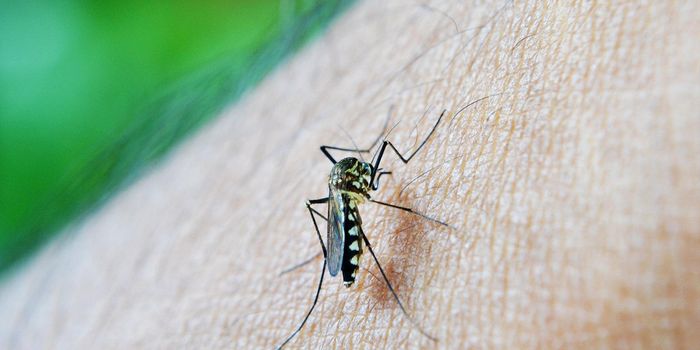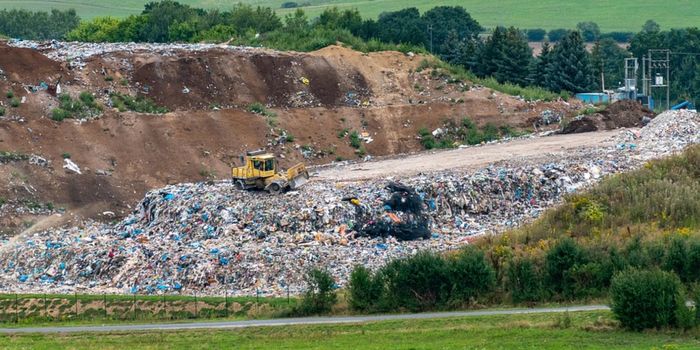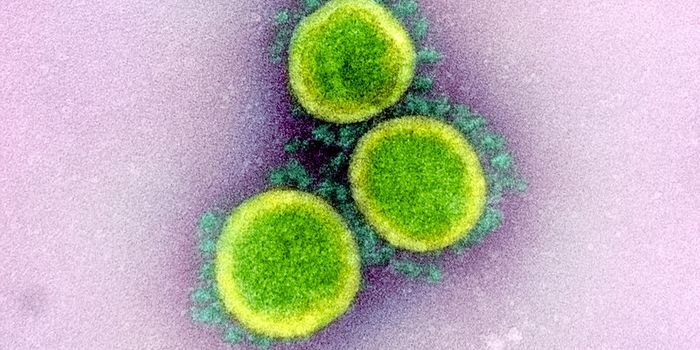Humans live in a symobiotic relationship with gut microbes, many of which inhabit our gastrointestinal tract. Some of the microbes there can be quite beneficial and important to our health. Some evidence has been found that the right balance of the proper microorganisms can help with digestive ailments. New work done by researchers at the University of California, Irvine (UCI) has indicated that some gut microbes release molecules that could help with intestinal inflammation caused by pathogenic bacteria. The video below describes the work.
In a report published in the journal Nature, Manuela Raffatellu, a UCI Associate Professor of Microbiology & Molecular Genetics, and her team demonstrate that beneficial gut microbes, in this case a strain of Escherichia coli called Nissle 1917, releases microcins, small peptides that have an antibacterial effect. The sercetion of microcins can play an important role in preventing some bacteria from causing illness is intestines that are inflamed.
Nissle 1917 is a non-pathogenic strain of bacteria that has been well characterized and has been described as a probiotic - a live microbe intended to have a positive impact on health - for many years. It has also been used in the treatment of bowel disorders for a long time. In this work, the investigators show that the microcins from Nissle 1917 have an inhbitory effect on both salmonella and an pathogenic form of E. coli taken from patients with inflammatory bowel disease.
"Although an in vivo role for microcins has been suggested for 40 years, it has never been convincingly demonstrated," said Raffatellu, who is affiliated with the Institute for Immunology at UCI. "We hypothesize that their role was missed because, as our data indicate, microcins do not seem effective in noninflamed intestines. In contrast, we show that in an inflamed intestine, microcins help a probiotic strain limit the growth of some harmful bacteria."
Raffatellu added that the microcins are needed for the therapeutic effects of E. coli Nissle 1917. The researchers now plan to purify the microcins and then test to see if they can be used as a targeted antibiotic.
While many studies have been done, and probiotics have been used by people for decades, the health benefits of probiotics are still under debate. There is a lack of reliable data from the research that has been performed; much of it was not well-designed. The video above, from Argonne National Laboratory, features Dr. Julie Bubeck Wardenburg from the University of Chicago and Professor Susan Erdman from MIT discussing the effects of microbes on humans as well as what will be required to draw real conclusions about probiotics.
Sources:
AAAS/Eurekalert! via
UCI,
Natural Product Reports,
Inflammatory Bowel Diseases - Wolters Kluwer Health,
Nature








